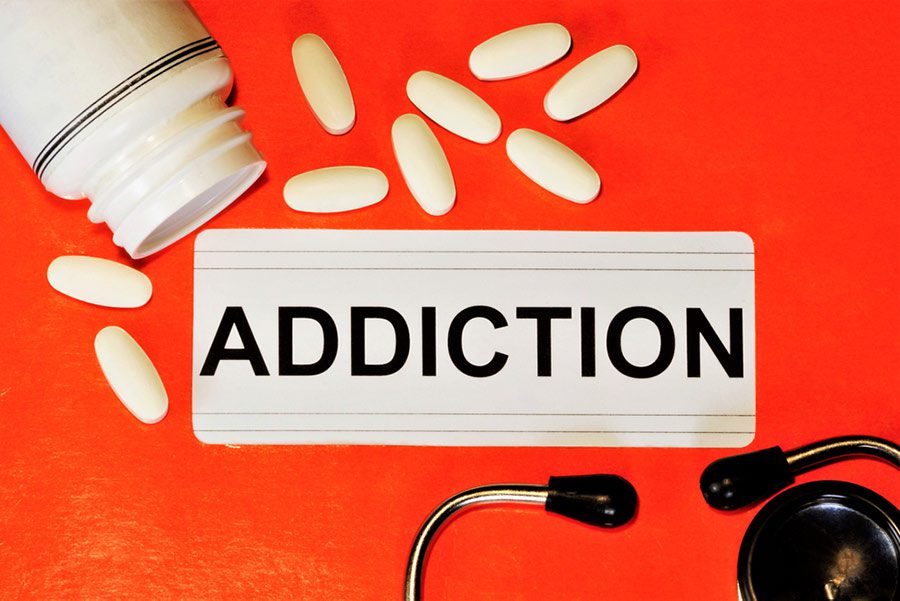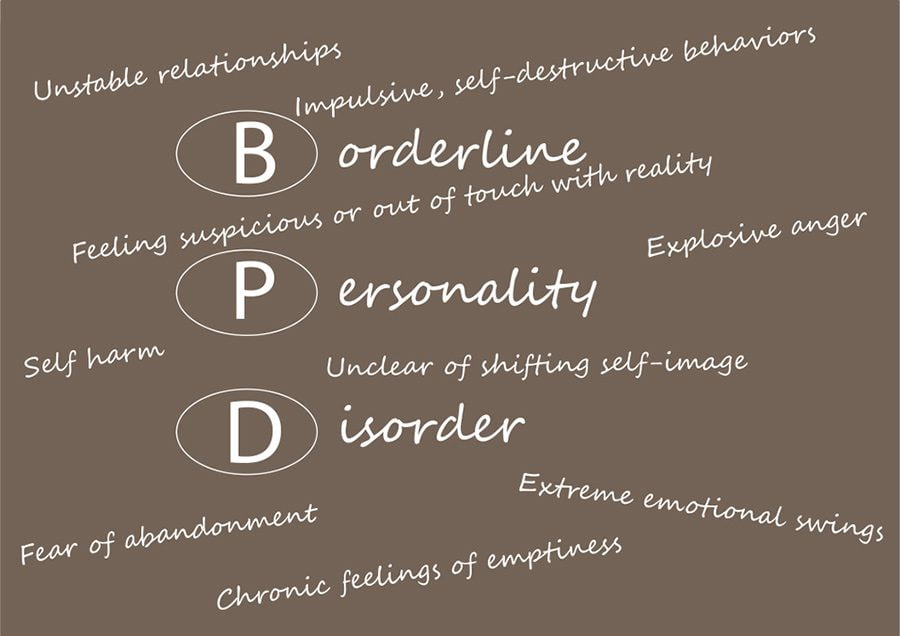Substance Use Disorders According To The Diagnostic And Statistical Manual Of Mental Disorders
Substance use disorders are defined by the Diagnostic And Statistical Manual Of Mental Disorders (DSM-V) as a problematic pattern of drug use that an individual continues to engage in despite experiencing negative consequences. Last updated by the American Psychiatric Association in 2013 and published by American Psychiatric publishing, the DSM–5 is the gold standard for professionals when it comes to diagnosing any mental health disorder, including substance use disorder, which is more colloquially referred to as drug addiction.
Someone who has or is developing substance use disorder may exhibit these signs and symptoms:
- Frequently getting high for longer periods than they intended to or taking more of a drug than they intended to
- Being unable to handle their usual responsibilities due to their drug use
- Spending a lot of time using the drug, obtaining the drug, or recovering from the drug’s effects
- Giving up social or recreational activities that one formerly enjoyed in order to spend more time using drugs
- Using drugs despite the fact that it is causing relationship problems, financial problems, or legal problems
- Using drugs even in circumstances where drug use is dangerous
- Needing to use more and more of the drug to achieve the high that they want (tolerance)
- Experiencing withdrawal when they are not using the drug
- Experiencing intense cravings to use the drug
- Having trouble staying drug free without outside help
For someone to meet the full criteria for substance use disorder, these symptoms of substance use also have to be causing clinically significant impairment to the person. The Diagnostic And Statistical Manual Of Mental Disorders also includes a separate category for substance induced disorders, which are a separate category of substance related disorders than substance use disorders.
Addictive disorders are also referred to more specifically by the specific type of drug misuse the person is struggling with, such as in opioid use disorder or alcohol use disorder. To learn more, you can check out this breakdown from the American Psychiatric Association.
Recognizing The Symptoms Of Substance Use Disorder

Along with the clinical behavioral symptoms of substance use disorder explored above, it is also possible to recognize a substance use disorder from more visible signs and symptoms present in someone who you suspect is suffering from drug addiction.
For instance, you can often recognize someone who is misusing drugs by the signs of intoxication, which can vary based on the type of drug use they are struggling with. For instance, someone who has been taking opioids may appear drowsy while someone who has been using cocaine or other stimulants may be more likely to present as unusually “wired” and energetic.
Then, other drugs like hallucinogens may result in someone who looks as if they are out of touch with reality entirely. To learn more about the signs and symptoms of intoxication from specific drugs, you can check out each’s dedicated topic page on the National Institute of Drug Abuse website.
However, some general signs and symptoms of intoxication include slurred speech, erratic behavior, impaired control of motor functions, trouble maintaining consciousness, and uncharacteristically risky behaviors. Additionally, other symptoms of substance use disorder can be recognized from the physical appearance of someone who has been engaging in illicit drug use.
These physical signs include sudden weight loss, dilated pupils, and “track marks” on one’s skin from injecting unknown substances. Since injecting illegal drugs carries the risk of transmitting pathogens that can cause serious health problems like hepatitis B and HIV, these specific disorder signs definitely should not be ignored.
Causes Of Substance Use Disorders
The causes of substance use disorder can be quite complex, and it is almost impossible to predict which of the many people who experiment with drug use will go on to develop full blown substance use disorder.
After all, in substance use disorder, substance is not actually the cause of the disorder; rather, it results from the interplay of that substance with the person’s underlying vulnerabilities and specific circumstances.
However, according to the National Institute on Drug Abuse, some factors do seem to predispose a person to developing problems with substance use. For instance, drug availability and peer pressure at school can be a significant factor in whether children are exposed to drugs. Then, children who yield to peer pressure and begin their drug use at an early age are at higher risk, while children who have more parental supervision are more protected.
Another major risk factor is family history: in other words, someone whose family members struggled with drug addiction is more likely to have trouble controlling their drug use as well. This may be partially due to social factors, as children may learn from family members that drug use is an “acceptable” way to deal with one’s problems.
However, a significant portion of the association may also be due to genetic predisposition. For instance, the person’s genes may lead them to find drug abuse more pleasurable, or may contribute to the development of a mental illness that predisposes them to resort to drug abuse to manage negative feelings caused by the disorder.
As explained by the National Institute on Drug Abuse, having an underlying mental health condition is another major risk factor for developing addiction. This is referred to as “comorbidity” or a dual diagnosis. Post traumatic stress disorder, depression, bipolar disorder, and anxiety disorders have all been shown to increase the risk of developing problems with substances.
Understanding Withdrawal Symptoms

One reason that substance use disorder can be so hard to overcome is because of the severe withdrawal symptoms that can be caused by drug abuse. Frequent drug use can change the brain’s chemistry and the brain’s structure in such a way that a person’s brain and body begins to “expect” them to take the drug and to “need” it to function normally.
This will result in intense cravings if the person does not take the amount of the drug that they are used to. It can also result in withdrawal symptoms, which can cause such severe emotional distress and physical symptoms that a person may be motivated to take drugs just to avoid them. Depending on the substance that someone is using, withdrawal may also be physically dangerous, so consulting a doctor before going cold turkey may be advisable.
Treatment Approaches for Substance Use Disorders
Drug addiction treatment can take many forms, but almost always incorporates behavioral therapies. In behavioral therapy, a licensed alcohol or drug counselor helps patients to learn healthier ways to cope with life’s troubles and with any underlying mental illness.
Most rehab centers also offer some form of group therapy, in which patients share experiences and feelings with one another or are educated together about addiction related topics. These support groups serve an important role in helping patients to realize that they are not alone in their struggles with substances, giving them a much needed sense of belonging and alleviating feelings of loneliness.
After a person completes addiction treatment, outside support groups like Alcoholics Anonymous and Narcotics Anonymous can have much the same effect, helping patients to maintain their sobriety long term as they work towards the shared goal of recovery with the help of a supportive community.
Using The Marchman Act To Help Someone With A Substance Use Disorder
If someone with a substance use disorder is unwilling to consider drug addiction treatment, but obviously meets the criteria for a severe substance use disorder to the extent that they are a danger to themselves or others, you may be able to use the Marchman Act require them to be involuntarily committed to addiction treatment.
While causing legal trouble for a family member to ensure that they get the help they need should obviously be a last resort, in some cases, it may be the only step you can take to save their life. To learn more about the Marchman Act and how one of our skilled intervention counselors can help you to confront your loved one or to guide your family through the Marchman Act process, feel free to call us anytime at 833-995-1007 or to contact us online here.



